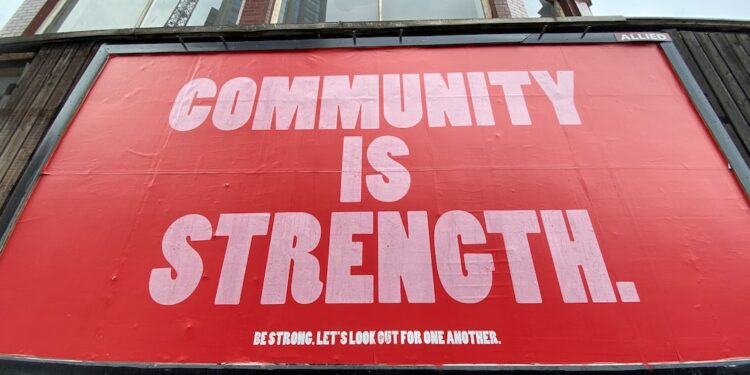Effective Communication Strategies for Community Leaders
As a community leader, effective communication plays a crucial role in fostering a sense of belonging, trust, and collaboration among community members. It is your responsibility to ensure that everyone feels heard, valued, and included. Whether you are organizing an event, addressing a concern, or simply trying to strengthen community relationships, here are some effective communication strategies for community leaders.
Active Listening: One of the most fundamental aspects of effective communication is active listening. Make sure you really pay attention to what others are saying, without interrupting or getting distracted. Maintain eye contact, nod, and use body language to show your genuine interest. By actively listening, you validate the speaker’s concerns, build trust, and gain valuable insights.
Clear and Concise Messaging: To effectively communicate your ideas and plans, it is essential to have clear and concise messaging. Use simple language that can be easily understood by all members of the community. Avoid jargon or technical terms that may confuse or alienate individuals. Be mindful of cultural differences, ensuring your message is inclusive and relatable to a diverse audience.
Open and Transparent Communication: Transparency is key to building trust and credibility within your community. Keep your members informed about important decisions, initiatives, or events. Share relevant information openly and honestly, and encourage honesty and openness from others. Transparency not only helps to minimize misunderstandings but also fosters a sense of ownership and buy-in among community members.
Two-Way Communication: Effective communication is a two-way process. Create opportunities for community members to participate actively. Encourage open discussions, feedback, and suggestions. Incorporate various communication channels, such as community forums, surveys, and social media platforms, to allow for multiple voices to be heard. By practicing two-way communication, you create a culture of inclusivity and collaboration.
Empathy and Emotional Intelligence: As a community leader, it is essential to understand and empathize with the feelings, needs, and perspectives of others. Displaying emotional intelligence can help build stronger relationships within the community. Recognize and validate individuals’ experiences and emotions, even if they differ from your own. By showing empathy, you create a safe and supportive environment for open communication.
Regular and Timely Communication: Consistency and timeliness in communication are vital to keeping members engaged and informed. Establish a regular schedule for sharing updates and important information. Whether through newsletters, email updates, or community websites, ensure that communication channels are consistently utilized. Maintain a balance between sharing information and not overwhelming your community members with excessive communication.
Conflict Resolution and Mediation: In any community, conflicts and disagreements are bound to arise. As a community leader, it is your responsibility to promote healthy conflict resolution. Encourage respectful and constructive discussions, and provide mediation when necessary. By addressing conflicts promptly and seeking mutually beneficial solutions, you can maintain harmony and strengthen relationships within the community.
Adaptability and Flexibility: Communities evolve, and so must your communication strategies. Be open to adapting and improving your communication methods based on feedback and changing needs. Embrace new technologies and platforms to reach a wider audience. Remain flexible and open-minded, continually learning from your experiences to enhance and refine your communication skills.
In conclusion, effective communication is the backbone of any thriving community. By actively listening, using clear and concise messaging, practicing transparency, and promoting two-way communication, community leaders can foster a sense of belonging and collaboration. Remember the importance of empathy, regular communication, conflict resolution, adaptability, and flexibility to ensure your community grows stronger and more united through effective communication.














